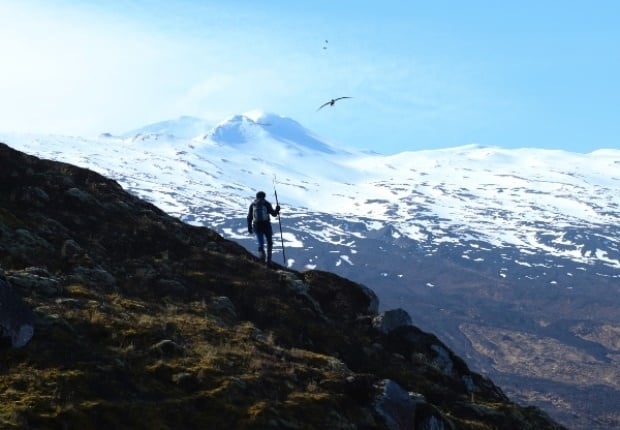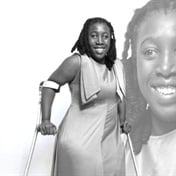
From isolation to the midst of a pandemic and back into self-isolation. Jenna recently returned from a 14-month group research expedition for an organisation.
The global coronavirus pandemic struck a few months before their scheduled return and threw a major spanner in the works with regards to returning to their respective academic institutions.
Here is Jenna’s story:
I’ve just returned back from a 14-month expedition to an uninhabited sub-Antarctic island [Marion Island, SA’s most remote territory] where I was one of a research team of 24 people. The island is approximately 2 000km from Cape Town and the only way to get there is by ship.
Island life is very different to the “mainland”, as we call it. We don’t have weekends, or shops, vehicles for transport or fresh food. We work around the weather (which can be notoriously challenging), walk everywhere we need to be (often over 20km a day) and have all the food and medical supplies we need for the full extent of the expedition.
While we did have some form of internet – enough to send emails with small attachments and use WhatsApp – it’s not quite good enough to stream anything or access certain sites (I couldn’t access any of the university websites or my university email account).
This made it challenging for several people for various reasons. Some of our team had families and children back home, where several of the scientists (myself included) were still busy completing Masters’ and PhD theses.
After the adjustment to the drastic changes in our connectivity to the outside world, the adjustment to the physical and psychological aspect of island life was next. Some people thrived, while others had an understandably hard time. Not having access to your support networks or aspects or things that had previously improved your quality of life can be challenging.
Although we lived in isolation, we lived closely and became a family. We shared a meal every night, and when in base, we were always interacting with one another.
As Covid-19 hit the world, we were living in our little bubble. It’s kind of ironic, because some of the more nihilistic members of the team often used to joke about an apocalypse or global catastrophe occurring during the voyage and leaving us stranded.
For several weeks after the breakout, that was indeed a possibility. Luckily for us, we were able to return, albeit to a very different world than the one we’d left.
It’s been very challenging for me personally – the uncertainty of everything is the governing factor. Because I’m completing my Masters’ part time, I’d planned to move to Stellenbosch for the remainder of the year where I’m registered [at Stellenbosch University]. That’s no longer possible.
Upon returning, I’d planned to visit my grandfather, also a former islander, in Pietermaritzburg as I haven’t seen him since Christmas 2018. That too is not possible.
Currently I am sitting in my brother’s bachelor flat on the 6th floor of an apartment building in the heart of Woodstock [Cape Town]. I haven’t left the building since I arrived, and not being able to walk is really getting to me, considering walking has been about 50% of my workday for so long.
Working from home in such circumstances is very challenging, making writing a very difficult task, and also having to match my brother’s existing work schedule so as not to disturb him.
With nowhere to escape to but the local Kwikspar, I’m becoming increasingly depressed. I have so much anxiety about my thesis and need guidance – which I’m not receiving. Requests and questions sent via email go ignored.
At this rate I’m not even sure if I’ll be able to complete it. If I’m unable to finish my Masters’, I’ll have lost a lot of money that I’ve worked hard for to pay for my studies.
During the first two years of the degree I had to work part time to make ends meet – my days were 9am-5pm in the lab and 5-11pm as a waiter.
Most weekends were spent waiting tables too. I really worked hard and paid many dues to try to make it work – I don’t want to lose all of that now.
I’m hoping to soon be able to rent a vehicle and get a permit to move back to live with my parents in the Free State, where I’ll at least have my own room, a safe suburb to walk in, and the freedom to write on a schedule that suits me.
At least I know that we’re all in this together, and I’m grateful to have a roof over my head and food on the table.




 Publications
Publications
 Partners
Partners
















